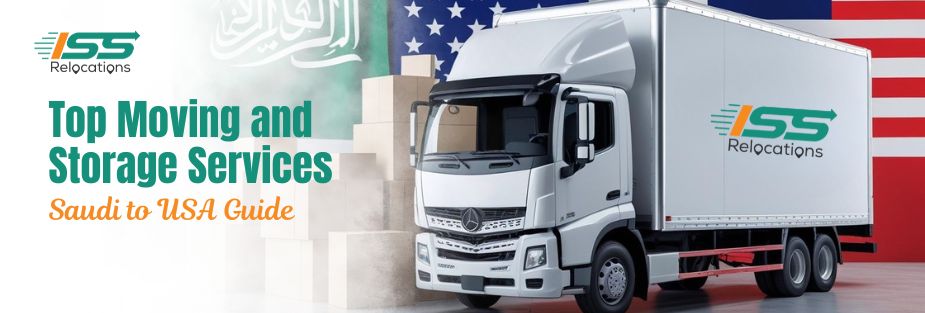
Empathy and Continuous Learning: The Future of Work
Insights into the future of work have made Heather E. McGowan a sought-after speaker. This year’s Global Workforce Symposium will feature her as a keynote speaker.
We are working differently, where we work differently, and for different reasons in a world reshaped by COVID-19. Organizations and individuals were forced to adapt rapidly as a result of the pandemic as technology adoption accelerated. Embracing continuous learning and empathy is critical for leaders and employees in this evolving landscape. During this transformative journey, Heather E. McGowan, a renowned future-of-work strategist, guides individuals and organizations. At this year’s Global Workforce Symposium, she will be a keynote speaker sharing her insights into the future of work.
Throughout his career, McGowan has played an important role in preparing organizations for the post-pandemic era. She believes that the changes we’ve seen over the last decade were inevitable, and that the pandemic accelerated them. A technology like Zoom, which became ubiquitous during the pandemic, has existed for more than a decade. According to McGowan, we have an outdated mindset about work and learning.
In the past, we have followed a linear path: education, work, retirement. This model, however, is no longer useful to us. The concept of preparing deployable workers is viewed by McGowan as flawed. Instead, she advocates for a paradigm shift that integrates work and learning. No matter how old we are or what stage of our career we are in, we should constantly learn and adapt. Students should receive an education that emphasizes foundational knowledge, self-awareness, and the ability to self-propel themselves throughout their careers.
Leadership’s expectations and behaviours must be changed in order to foster a culture of continuous learning. Leading by example, demonstrating a commitment to learning continuously, is crucial for leaders. Instead of expecting employees to fit rigid job descriptions, companies should hire for adaptability. Embracing ambiguity and uncertainty is made possible by this approach, which encourages a steep learning curve.
There are, however, some people who are uncomfortable with the idea of constant change and the unknown. It is necessary for our education systems to adapt as well, McGowan argues. From an early age, we should teach people that change is the norm, that job losses are inevitable, and that adaptability is a critical skill. Providing individuals with the skills they need to cope with uncertainty over their lifetimes will enable them to become more comfortable with it.
Artificial intelligence (AI) is another major source of anxiety about the future of work. There is a widespread fear that AI will replace their jobs. Despite acknowledging AI’s impact, McGowan emphasizes that technology has changed the nature of work for decades. The author encourages us to embrace the opportunities of AI rather than focusing on doomsday scenarios. Artificial intelligence will change jobs, create new ones, and spur innovation. Rather than resisting it, we should adapt to the changing landscape of work.
Among the differences in work culture between the United States and other countries described by McGowan is the emphasis placed on fixed occupational identities in the United States. We ask ourselves, “What do you do? To define ourselves, we use the phrase “I am.”. It is less common in other cultures to focus on career identity.
The United States has been resistant to certain changes in work culture, such as remote work, according to McGowan. As she argues, physical offices need to be reintroduced or, rather, a hybrid environment should be incorporated.
She discusses the importance of life-work integration over work-life balance in her recently published book, “The Empathy Advantage: Leading the Empowered Workforce.” It is essential for leaders to move away from dominating and fearing their employees to becoming empathy leaders. They must instead adopt humble, curious learning styles and inspire their teams through love, care, and belonging.
With McGowan serving as a keynote speaker at the Global Workforce Symposium, we are at a pivotal moment in the world of work. The future of work is one of continuous learning, adaptability, and empathy, according to McGowan. Change is at the core of the vision, as is technology, and human connection and growth are at the core of the vision. Post-pandemic era thriving may require embracing this vision in an ever-evolving world.
Plan Stress-free Move with Top Moving Company in UAE - ISS Relocations

Moving Company - Recent Blog
Stay informed and prepared for your next move with our latest blogs on moving services in the UAE. From expert packing tips to international relocation guides, ISS Relocations brings you up-to-date insights to make your moving experience smoother, safer, and stress-free.










